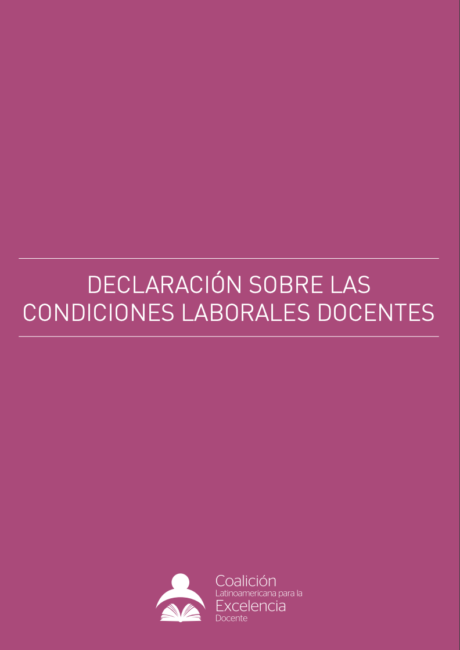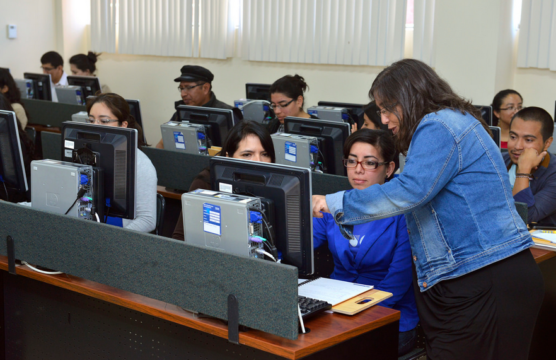
Producing High-Quality Teachers
Teaching is crucial to high-quality education, yet there is little agreement on how to produce high-quality teachers
This post is also available in: Español
The attached document is only available in Spanish.
Each teacher must practice their profession in an educational system that supports, promotes and provides them with the working conditions and opportunities for advancement that are conducive to recognizing their professional achievements according to transparent and technically valid criteria. The educational system, in turn, must guarantee a career progression in line with the teacher's performance in the classroom and promote professional development to improve student learning. The diversity that characterizes the Latin American region allows us to identify different reforms aimed at improving specific aspects of working conditions. However, there is still a long way to go to attain the type of sustainable advances that will generate the change required by the system and, in turn, raise the prestige and social value of the teaching profession.
Addressing teacher working conditions entails making decisions on a variety of issues. The structure of the teaching career ladder, as well and requirements and policies for entry and professional advancement must be considered. Additionally, a reliable and transparent teacher evaluation system must be in place, providing accurate data that allows for development and contextualized decision-making. Finally, there must be a consolidated system of incentives to make the teaching profession more attractive for trained, committed, and experienced educators.
The Covid-19 pandemic brings us together again with an increasingly strong commitment. After a process of virtual meetings in September and October 2020, the members of the Latin American Coalition for Teaching Excellence share the following Declaration which seeks to promote a regional dialogue about the key factors to guarantee the working conditions necessary for excellent teaching, as well as to contribute to a better design, formulation, and execution of public policies. To this end, we offer a series of recommendations based on research, evidence and the experience of Coalition members to strengthen instruction in the region.
The quality of education systems depends on the standard of teaching and the conditions teachers have to work and develop professionally. This Declaration contains three general dimensions on how to structure the working conditions necessary for outstanding teaching in Latin America and the Caribbean:
Entry and Advancement in the Teaching Profession: The structure of the teaching career, and above all the processes of entry, tenure, and horizontal and vertical promotions, play a determining role in meeting objectives related to professionalization, appropriate recognition of effective teachers, and professional growth and development.
Teacher Evaluation: Relevant and meaningful teacher evaluations enable education systems to have accurate information on how to guide the design and implementation of core educational policies for the teaching career, such as initial and in-service training, recruitment, position assignment, and recognition and enhancement of teacher’s civic and educational work.
Professional Incentives: A fundamental element of teacher’s working conditions is incentive structures that promote the recognition of teachers’ effort and performance, both in the classroom and outside it in order to identify and dignify the teaching profession and promote incremental growth in the career.
Teaching is crucial to high-quality education, yet there is little agreement on how to produce high-quality teachers
Preparing students for the 21st century requires the use of ICTs and technology in schools
How impact evaluation systems might help improve teacher policy in Latin America.


